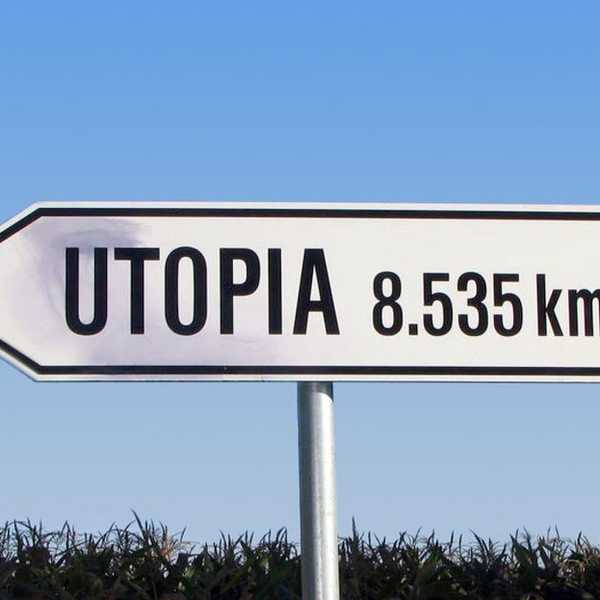We all want to live in a world without all of the horrific atrocities of war. I’ve never personally witnessed a war, so it’s impossible for me to fully understand what the battlefield is like. However, the stories we watch on CNN and the firsthand accounts of veterans are enough to make us angry and wonder how humans can inflict so much pain on each other. As morally upright people, we all want to see an end to war and a time where all nations can agree to stop killing each other, but many of us see world peace as nothing more than a pipe dream. Even Albert Einstein famously said, “So long as there are men, there will be wars." But is it actually possible to have world peace for once? Will we ever turn the page on this long, bloody chapter of human history? Although only time will ultimately tell, several experts have forecasted a much brighter future for our world than you might have expected.
Steven Pinker, a psychologist and cognitive scientist at Harvard University, told the BBC that world peace is very possible. He argues that while there is plenty of violence around the world, and more ways of killing each other, we have witnessed fewer and fewer wars between countries since 1945. Even with the invention of nuclear weapons and thousands of new ways to kill people, we are seeing fewer wars and, consequently, fewer deaths from war. Because our social progress is adequately keeping up with our technological progress, weapons of war are being used more as deterrents than as tools of conquest. Former U.S. Senator George A. Mitchell, writing a journal article titled "Is World Peace an Impossible Dream?" states that while a complete end to all conflicts within and among nations is never going to happen, it is entirely feasible that devastating wars akin to World War II will eventually become a thing of the past. Mitchell states that “the direction of human history is toward more knowledge, more freedom and more broadly shared prosperity.” Just by looking at a timeline of human progress over the last few millennia, you can see that our human race as a whole is leaning more towards enlightenment and compassion than violence and ignorance. Public hangings, slave auctions and religious laws have disappeared from the civilized world and have now been relegated to the black market and less developed countries. This signifies an increasing approach toward tolerance, and if our world culture continues to steer in that direction, major wars might soon go the way of the dinosaurs.
Helen Long, writing for the Permaculture Research Institute, also makes some very interesting points. First of all, Long cites several attempts made throughout human history to achieve world peace. After World War I ended, a large group of U.S. citizens successfully campaigned for an act that would effectively abolish war. After all, World War I was thought of as “the war to end all wars” at the time. While this act was obviously unsuccessful, it showed that a significant amount of people were opposed to the idea of war. Whereas people who lived hundreds of years before were shouting for war and violence, the predominant new culture of the 20th century was generally disgusted by bloodshed, beating a path toward eventual world peace. We humans are also predisposed to demonstrate empathy and altruism, not just greed and cruelty. There are always going to be bad people on this planet, and unless we want to take away everyone’s free will, there’s nothing we can do about it. However, having bad people in our world is relatively insignificant if they cannot achieve power. If altruism and empathy are the ruling policies in our world, then evil, tyrannical cultures will not have a chance to thrive. Long also describes our transition to a "culture of peace," which was initiated by the United Nations in 1997. This was the first time that all of the major nations in the world came together and agreed that war was a "bad thing," signifying a huge step in international relations. The United Nations General Assembly called for a “transformation from a culture of war and violence to a culture of peace and non-violence.” We now have the support of the UN to push towards world peace, and in this digital age, we all have the power to make our voices heard and spread a message of love and compassion.
When it comes down to it, we are the only ones responsible for keeping a peaceful agenda and not transgressing into violent, barbaric customs. That isn’t to say that violence should be completely abolished, and it is a necessary measure when we are faced with a foreign threat. However, we need to seriously raise our standards for what justifies a war. We are far past the Middle Ages, and the acquisition of resources shouldn’t be an acceptable motive to cause so much death and suffering. War isn’t inevitable, and we have to stop treating it like it is. In conclusion, world peace is possible, and our world culture is geared towards making it happen. Nonetheless, we still have to contribute to our peaceful agenda by finding ways to unite each other and break down the social and political barriers that divide us.





















